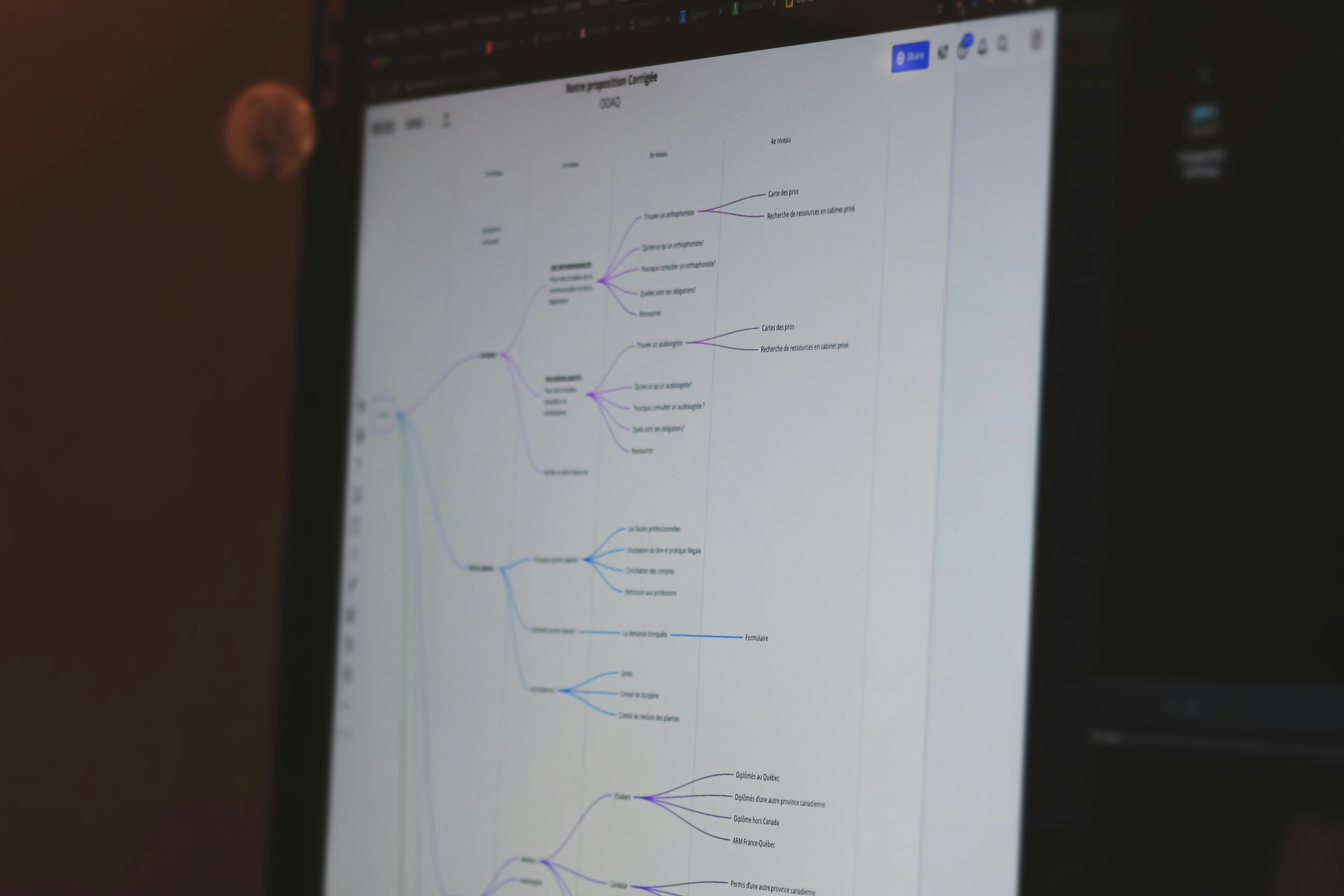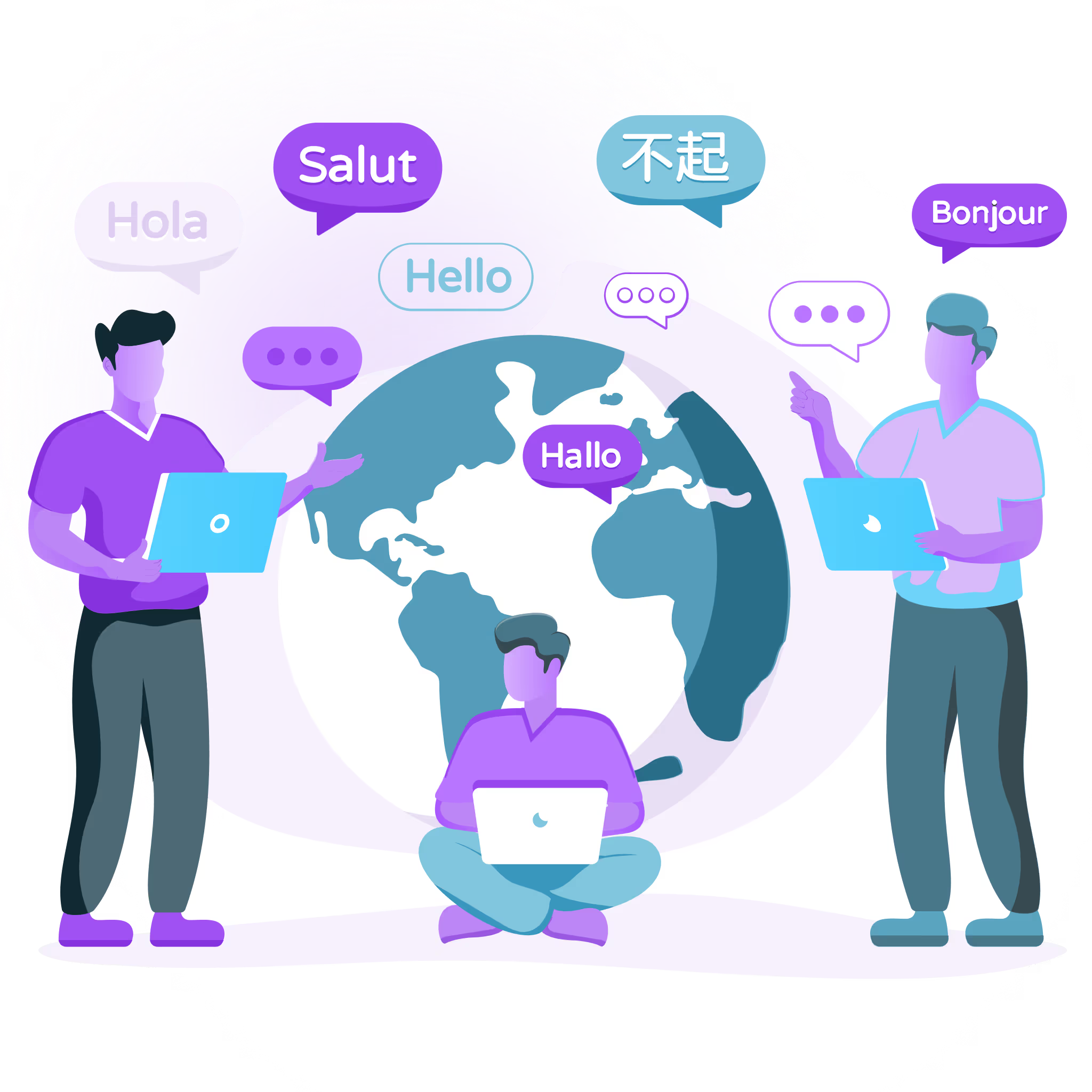From big brands to small startups, companies of all sizes use translation management tools to create and launch their multilingual digital products.
A translation management system (TMS) is a project management tool that streamlines the process of translating content into different languages. This type of software uses technology to improve process management and efficiency. A good TMS will make the translation process fast, easy, and accurate.
Let’s explore the must-have features of modern translation software.
Top 15 Best Translation Software Features To Look For
Functionality and Ease of Use
Above all else, translation software should be functional and easy to use. When you shop for a TMS, look for an intuitive interface, good documentation, and plenty of help videos.
Be wary of translation tools that require intensive developer resources and complex coding for setup, installation, and regular maintenance. Nowadays, there are translation tools on the market that take minutes—not weeks, days, or hours—to set up and start using out-of-the-box. You shouldn’t have to be a developer or engineer to manage translation projects effectively.
Language Pairs
A language pair is formed when one language is translated into another language. When English is translated into Spanish, this is the English-Spanish language pair. Before you invest in translation software, make sure it’s compatible with your target languages. And if you’re not sure where to start, take a look at these in-demand language pairs for international businesses:
Integration Options
A good TMS works with the systems and software programs you already use. Translation tools should fit seamlessly with your content management tools. For example, if you use WordPress, you should choose a TMS that integrates with WordPress. This will make publishing and translation management much simpler.
Integration with LSPs (language service providers) is also important. If you prefer to work with a specific LSP or translation agency, make sure they integrate with your translation management platform.
Automation
Translating content from one language to another is complicated. The translation process gets even more complex when the source material, like a website, gets updated frequently. Without the right toolset, it’s almost impossible to keep translations up-to-date and consistent.
Automation is the key to a fast and efficient translation workflow. Top translation tools will automatically detect new content on your site and send it for translation. When the translations are ready, you can publish them with a click of a button on your TMS dashboard. This keeps your sites and applications effortlessly up-to-date.
Multiple Translation Methods
Look for a tool that supports multiple translation methods. For example, you may want to use both a professional translation agency and a machine translation tool like Microsoft Translate. Combining machine translation with human translators saves time and keeps translation pricing low. A good TMS will integrate with a lot of different translation services.
Support for Different Types of Translation Projects
When you create multilingual content for a global brand, there’s a lot to translate. You probably need to translate websites, mobile apps, web applications, documents, social posts, and more. Your TMS should support many different types of translation projects and file formats.
Older translation management technology tends to focus only on translating files and documents. More modern translation software tools are better suited for dynamic content like website and software localization.
File-Free Workflows
If you need to translate dynamic content like websites, apps, or online software, look for a TMS that supports a file-free workflow. You can eliminate a lot of process headaches by investing in a TMS that uses automation instead of old-fashioned file transfers. Newer translation software takes the messiness out of the localization process by eliminating the need to shuffle files around. Instead, these tools continuously sync with your site or app to keep everything up to date with new translations.
Translation Memory
You should never have to pay to translate the same words or phrases more than once. The translation memory feature of your TMS remembers and stores previously translated content. This translation memory database improves translation efficiency and reduces costs.
Glossary and Terms Database
Terminology management ensures consistency in translated content across different countries, regions, and languages. Features like a glossary, style guide, and terminology repository help global brands establish a cohesive style in all languages—not just English.
Quality Assurance
Localization might backfire if translations are inaccurate or full of errors. Make sure you invest in translation software with plenty of QA and proofreading tools. For example, an in-context editor tool gives your team a preview of how the translation will look when live on your website or app, making it easier for them to tweak content for even better accuracy.
Reporting
Localization is an investment, but it often pays off with international traffic and revenue. According to a survey of Fortune 500 companies, most businesses that invested in translation increased their profits.
Make sure your translation tools offer built-in reports and analytics so you can see how well your localized content is performing.
Security and Compliance
Anytime you share information with a company online, make sure they’re committed to keeping your data safe and secure. Look for translation tools that comply with international privacy laws like GDPR and HIPPA.
Here are some other important things to look for when you choose your translation software:
- Secure account logins with SSO (single sign-on).
- Industry certifications like SOC-2, ISO 27001, Cloud Security Alliance, and Privacy Shield.
Developer and API Tools
Does your company need to integrate multiple software systems? Translation API helps your software development team to connect custom tools to your translation workflows. Look for a TMS that has a REST API, frontend SDK, and document translation tools.
Team Collaboration
Localization projects usually involve big groups of people with teammates in different countries and time zones. Translation software helps everybody collaborate more effectively, improving translation quality and scalability while reducing time to market.
Look for a TMS that supports multiple custom logins and permissions. Version control and activity logs also help you collaborate with others and keep track of who’s working on what.
Reliable Customer Support
Last but not least, the best translation software has an in-house customer service team to support your localization goals. Chatbots won’t cut it. A hands-on, responsive support team can help you solve problems quickly or answer technical questions so you can get back to work.
Recommended Translation Management Software
Choosing the right translation tool is critical for the success of your localization project.
At Localize, we’ve created the most user-friendly and advanced translation management system on the market. Localize offers easy collaboration, simple workflows, and automatic translations of websites, mobile apps, files, and more.
As a leader in the translation technology industry, we’ve streamlined localization projects for 700+ businesses all over the world. To learn more about how we can support your localization efforts, contact Localize today.








